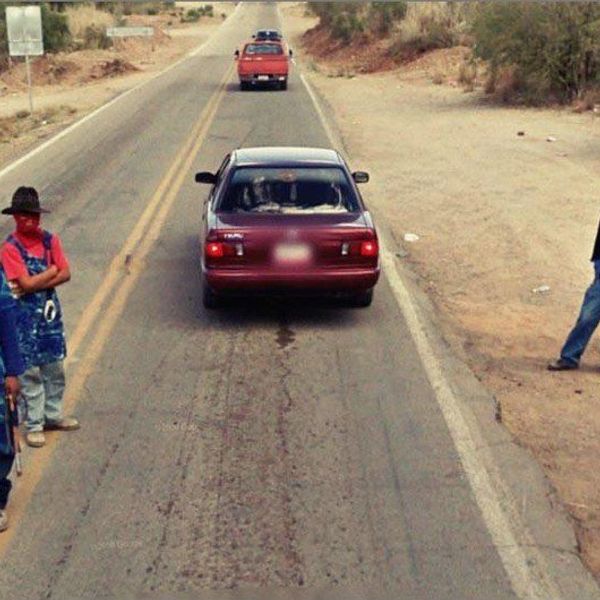“Sewage maps of 1803 Detroit”
“Where is the black market + ostriches”
“Every shade of green, with pictures”
“How to perform brain surgery with office supplies”
“Hacking the KGB + escaping Russia on a jet ski”
“Peasant slang in feudal times”
“Chemical make-up and survivability of Neptune”
“Would it be more painful going head or feet first into a wood chipper”
The internet history of a writer can be a treacherous place to venture. I don’t know any writer who doesn’t fear what people may find in their searches. Some pretty weird and/or suspicious Googling can happen when you’re researching for a story.
Writers will even trade URLs of websites for good information on odd topics. For example, Paladin Press is an awesome online store for books and videos on combat, weapons, espionage, going off the grid, changing your identity and survival training. Historic Map Works is a fantastic search tool for finding maps of any city in any year feasible. Here is a PDF version of the latest Diagnostic and Statistical Manual of Mental Disorders, DSM-5. Havocscope is great for statistics and price listings of the black market (organized by product and country).
There is always a sense of risk involved with following these leads, however. Merited or not, there tends to be a fear of ending up on government watch lists for writerly research, or, even worse, facing judgement from unsuspecting internet surfers borrowing your laptop. Innocent motivations and frantic offers to show your half-written chapters for proof can’t erase the split second of, “Oh my god, is this person secretly a serial killer?” that flashes in their eyes.
Thankfully, not only are writers trading sketchy-subject sites, but also ways to delete your internet history most efficiently. For Chrome users, follow these steps. For Safari, see these. Firefoxers use these, and Explorer users…here’s the download link for Chrome. However, if you really go pro with your searching, open an Incognito window or switch to Private Mode. None of your search or website history is saved or catalogued, so you can browse safely and without risk of exposure. Happy researching!





















